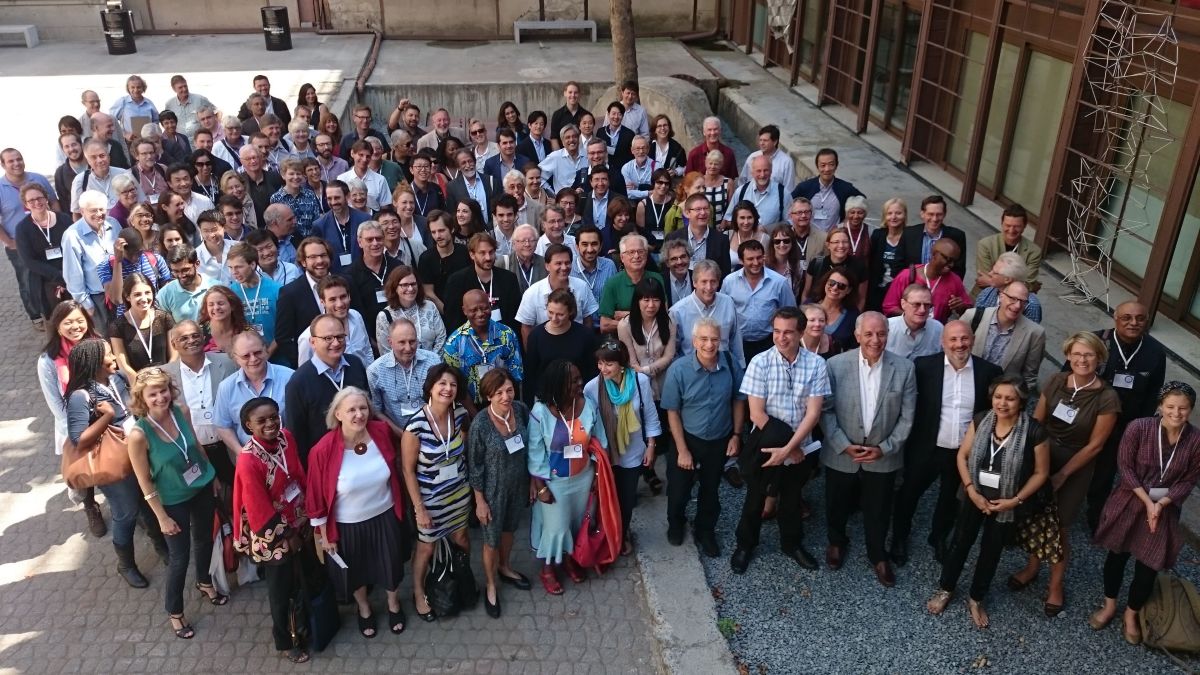Issues covered
Human beings are social beings. Social justice encompasses a range of concerns including individual wellbeing, disparities in wellbeing, resources and power, expression and exercise of human agency and voice as individuals and as groups.
Societies are being impacted profoundly in current times by a number of interconnected forces:
- the weakening of the traditional nation state and the rise of transnational issues through the easier and greater flows of capital, finance and labour
- powerful forces of technical change which are altering the world of work and the power relations between capital and labour, and between different types of labour
- profound and unequal transformations in health and education outcomes, and falls in income poverty in many emerging economies, but rising inequalities of wealth and income within countries, and the leaving behind of groups within countries and entire groups of countries
- contestations between the religious and the secular, and conflicts between religious identities
- post cold war conflicts and insecurities within and between nations
Taking account of this context, the issues covered by the Panel are wide ranging, and include:
- Democracy and Citizenship
- Poverty, Inequality and Well-Being
- Global Risks, Resources
- Markets, Finance and Corporations
- Private and Public Governance
- The Future of Work
- Violence, Peace and Security
- Global Health
- Religions and Secularisms
- Gender-Family-Reproduction-Sexuality
- Urban Issues, Urban-Rural Relations
- Education, Communication and Media
Moreover, four cross-cutting themes will be weaved through the report: (i) technology and innovation, (ii) globalization, (iii) social movements, (iv) identity/community. These themes function as transversal perspectives that, in the contemporary context, bear upon all twelve identified issues and hence should frame our approach to challenges and opportunities in those different areas of social life.
Each of these broad topics needs to be further specified and clarified and the debates assessed, and major policy implications drawn, all by an interdisciplinary team of social scientists each of whom is willing and able to engage across disciplines to inform policy makers and social actors on what the best social science can, and cannot, say on the topic. For each of these topics, the report will examine the following three questions:
- What is the current situation and what are the historical and prospective trends?
- What direction of change can be inspired by the search for social justice?
- What are the drivers and barriers for such a change?

